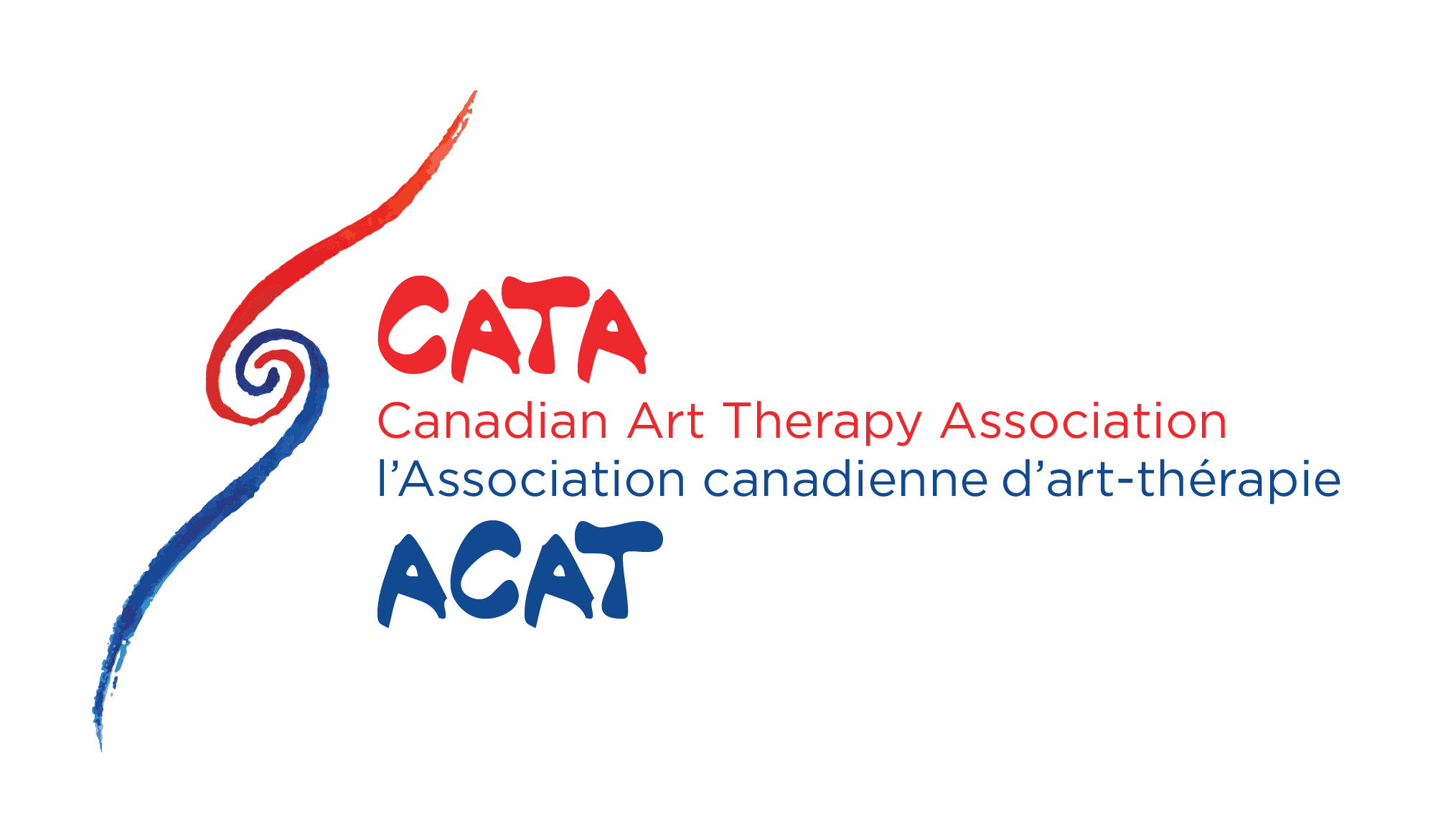The path forward: Taking time to recognize where we come from and where we have yet to go.
Growing, changing, adapting together: Looking inward to transform our practice of care.
Amanda Gee (Lower Sackville, NS)
I have lately been thinking and talking a lot about self-care, and the practice of self-care. It really is something to be practised. In the helping professions we give and give, see a need, and give some more. The focus is on the wellbeing of others. Recently while encouraging others, I have been trying to also encourage myself, to take the time to ‘practise’ self-care.
Sarah Gysin (Ottawa, ON)
The language of becoming expresses the possibility of change and growth, and while this is often a term used for the way we speak with our children, I believe it is also a wonderful way to view our own possibility for change and growth as individuals and practitioners.
Art Therapy Conversations
Rebecca Montgomery (Vancouver, BC)
Rowena Tam, MA, C.C.C., is a drama therapist, researcher, and guest living and working in Tiohtiá:ke/Mooniyaang/Montreal, on unceded Kanien’kehá:ka territory. Rowena is the past-president of the CCPA’s Creative Arts in Counselling and Psychotherapy Chapter. Rowena met with Rebecca to share about her therapeutic and artistic practice, and her recent seminar with the CCPA, “Against cop sh*t in the creative arts therapies”.
Artwork by Melika Daliran Mayab (Tehran, Iran), Dillon Lewchuk (Victoria, BC), Nicola Shaw (Oliver, BC), Irit Epstein (Toronto, ON), and Sarah Quiles (Oakland, USA).
Patricia Ki (Toronto, ON)
Inspired by a workshop on painting with food offered by Dr. Fyre Jean Graveline at the 2021 CATA Conference, I started looking into art making with plants; particularly, plant parts that are left behind and going to the compost.
Sarvatmika Rajeev (Chennai, India)
As a practitioner new to the emerging field of art therapy in India, developing this practice online has indeed been an interesting challenge. The larger demographic of clients seeking therapy now turn to Instagram to seek professional assistance.
Vaida Adomaitienė (Vilnius, Lithuania)
This is new to us all. Unknown. Sometimes daunting. Sometimes fun. A client turns off their camera or microphone when they want to hide. What a great opportunity to stay, experience and understand what is unwelcome to be heard, seen and shown.
Featuring poetry and artwork by Margaret McKenzie (Comox, BC) and Christy Herdman (Calgary, AB).
Emmanuelle Cesari (Paris, France) & Mikaël Clain (La Réunion, France)
Alors que la maladie à Coronavirus pèse sur la santé mentale de la population, l’art-thérapie saisit l’opportunité de développer de nouvelles pratiques. Notre objectif principal est d’inviter des participants à un atelier expérientiel numérique individuel d’e‑art‑thérapie pour déposer leur anxiété sur un support créatif et la mettre à distance.
Nature’s Way
Taylor Bourassa (Ottawa, ON)
Nature’s Way is a regular column in Envisage that explores eco-art therapy and invites practices of enhancing our relationship with the earth. In this issue, Envisage writer Taylor Bourassa explores the knowledge we can learn from trees in the winter.
Nina Pariser (Montreal, QC)
I did my final year of training as an art therapist during the COVID-19 pandemic. While I was completing my final research for the art therapy program at Concordia University, I engaged with rituals and art practices that helped me to connect to my grandparents’ ways of creating meaning during their own difficult times.
Jess Winnicki-Reinsch (Winnipeg, MB)
Our inner landscape can be mirrored by the outer environment we place ourselves in. We can find a circular connection: the individual connecting to nature, the individual creating with natural materials, moving back to the individual and their own process. Spending time in nature and creating in nature can be a support for our mental, emotional, physical, and spiritual wellbeing.














